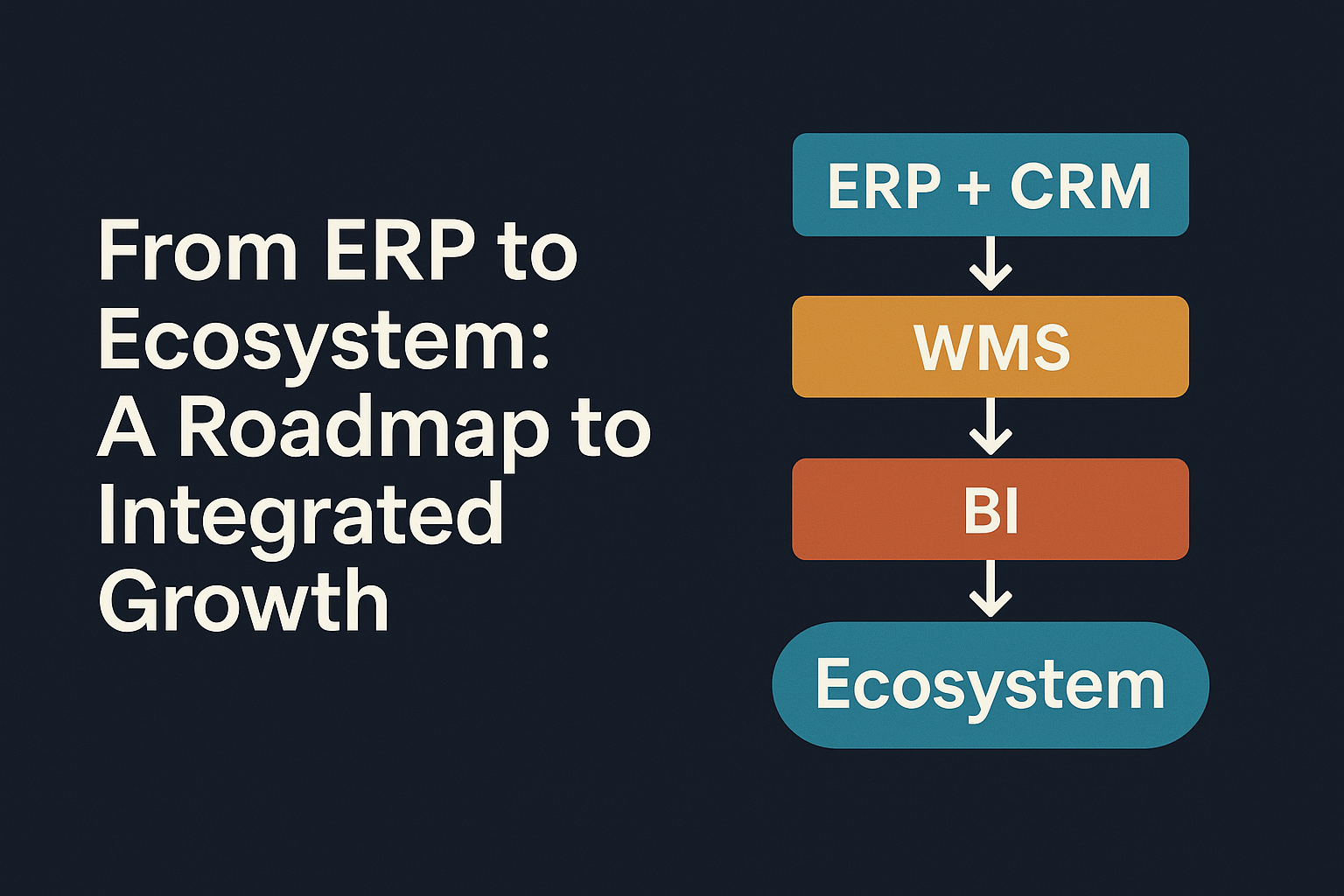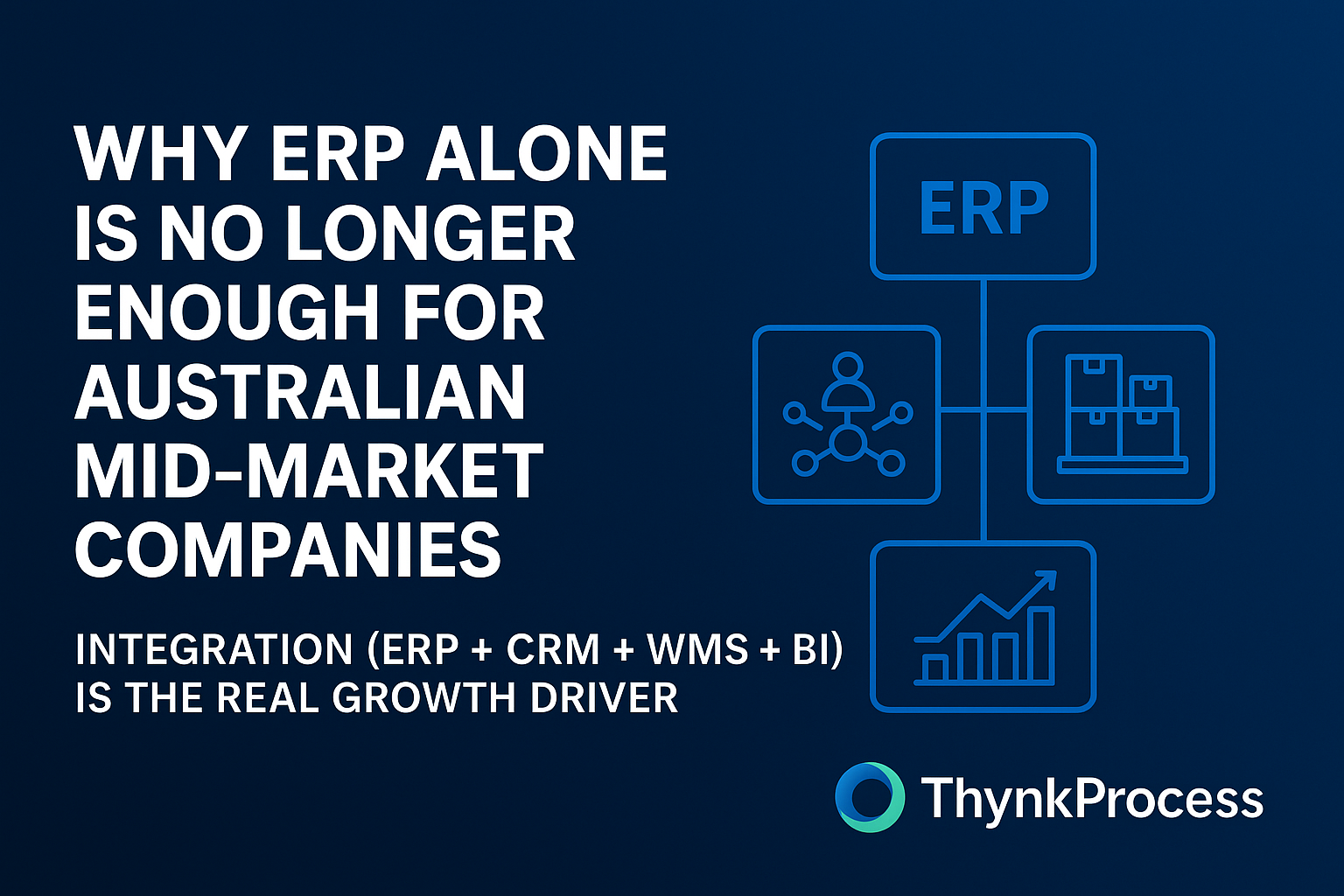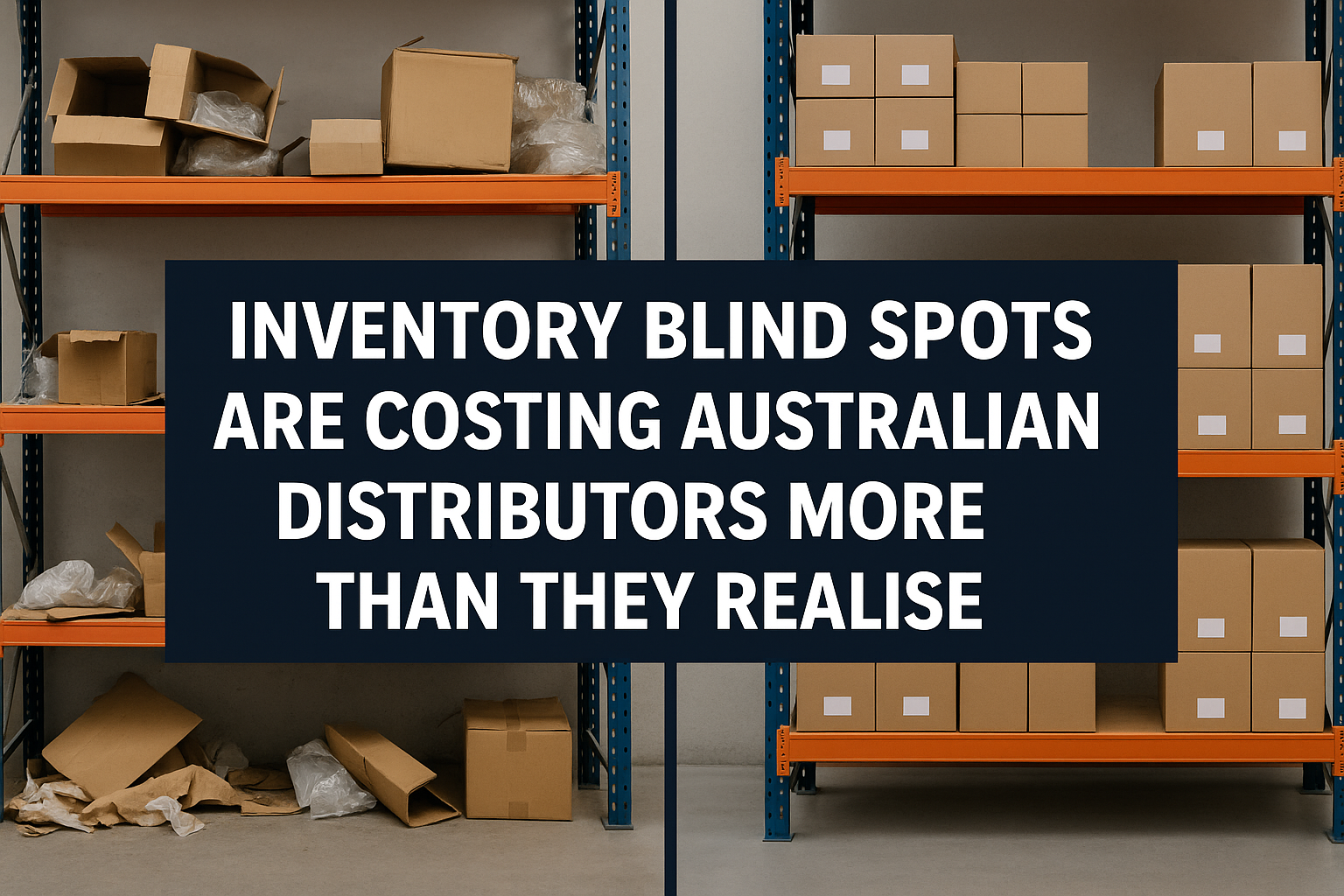The Hidden Cost of Spreadsheet Culture in Australian Businesses

At first glance, spreadsheets feel “free” and familiar. But when you dig into the impact, this spreadsheet culture is quietly costing businesses more than any ERP license ever could.
1. Errors That Compound Into Millions
It often starts small. A missed cell reference here, a wrong formula there—nothing noticeable at first. But in high-volume, high-value operations, those small errors compound quickly. Spreadsheets are built on human input. One misplaced formula, an outdated link, or a copy-paste error can ripple through forecasts, budgets, and reports. For businesses managing inventory, procurement, or compliance at scale, these errors translate into stockouts, over-purchasing, or compliance fines.
Research consistently shows that over 85% of business spreadsheets contain errors. In a $30M+ turnover company, even a 1% miscalculation in inventory or cash flow can represent hundreds of thousands of dollars lost.
2. The Cost of Slow Decisions
Beyond errors, the other silent killer is time. When leaders depend on manually updated spreadsheets, reporting cycles drag out. Decisions are made on stale information. In today’s market, speed is a competitive advantage. Yet spreadsheet-driven reporting delays visibility. CFOs are making decisions on last month’s data, not today’s signals.
While competitors are adjusting purchasing in real-time based on demand, spreadsheet-reliant companies are still waiting for reconciliations. That lag shows up in missed margins, longer cash conversion cycles, and unnecessary holding costs.
3. Talent Drain & Burnout
The hidden toll isn’t just financial—it’s human. Spreadsheet-heavy environments push highly skilled finance and operations professionals into low-value, repetitive work. Every hour your finance team spends manually reconciling data is an hour not spent on strategic analysis. Skilled finance staff end up acting as “spreadsheet janitors,” which is both frustrating and expensive.
This not only reduces productivity but also contributes to higher turnover—talent that could be driving strategy instead walks out the door.
4. Compliance & Audit Risks
Finally, there’s the risk you can’t put off until later: compliance. Regulators, auditors, and boards are increasingly demanding traceability and accountability in financial and operational data. Spreadsheets are rarely governed. Version control is weak, security is patchy, and there’s little transparency on who changed what and when. In industries where traceability and compliance matter (food & beverage, medical, distribution), this creates significant audit risks.
Breaking Free From Spreadsheet Culture
For businesses at scale, the solution isn’t more spreadsheets. It’s moving to governed, integrated platforms where data flows in real-time across ERP, CRM, WMS, and BI.
At ThynkProcess, we see this transformation every day:
- ERP (SAP Business One + beas Manufacturing) for operational control
- WMS (Produmex) for inventory accuracy
- CRM (Salesforce) for customer engagement
- BI (Power BI, Tableau, SAP Analytics Cloud) for real-time insights
The result? Fewer errors, faster decisions, happier staff, and measurable ROI.
Spreadsheet culture feels comfortable because it’s familiar. But in $30M+ businesses, it’s no longer harmless—it’s a silent drain on profit, growth, and resilience.
The good news: breaking free doesn’t have to mean a painful overhaul. It starts with one pragmatic step—an ERP Health Check/Free 30-min Discovery Session —to see where you stand today and where efficiencies can be unlocked.
👉 Ready to find out how much spreadsheet culture is costing your business? Let’s talk.
Simply email us at info@thynkprocess.com.au or call (03) 7075 3900 and one of our certified consultants will contact you within 48 hours.



.jpeg)
